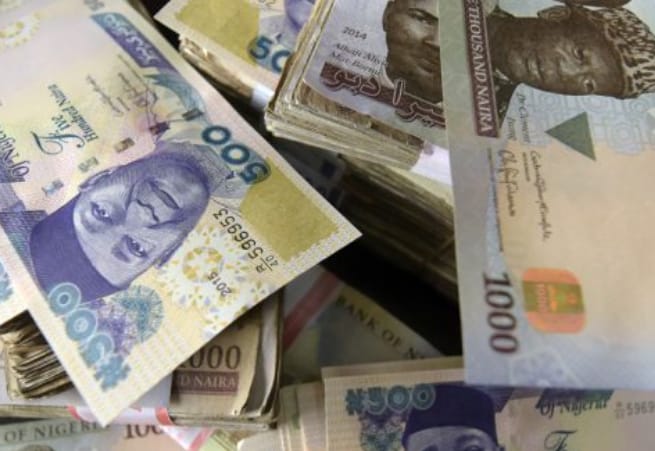Nigeria’s naira has reversed its recent gains, becoming the world’s worst-performing currency in the past month, as reported by Bloomberg.

The report, released on Friday, underscores the increased pressure on the Central Bank of Nigeria to continue raising interest rates.
The naira has weakened to 1,466.31 against the dollar, its lowest level since March 20, due to a local scarcity of the US currency, with only $84 million available on Thursday, half of the previous day’s supply.
CBN governor, Yemi Cardoso, previously praised the naira as the best-performing currency globally as of April 2024.
However, the naira faced challenges in March, dropping to as low as N1,600/$1 on the official market and N1800/$1 on the parallel market. Cardoso attributed this to foreign exchange market reforms and positive sentiment from leading international investment institutions.
Razia Khan, Chief Economist for Africa and the Middle East at Standard Chartered, estimates that $1.3 billion in naira futures will mature by the end of this month, potentially increasing demand for dollars.
The report indicates that the decline in the naira’s performance is expected to intensify pressure on the CBN to implement another rate hike after its upcoming policy meeting on May 21. In February and March, the Central Bank increased rates by a total of 600 basis points, aiding the naira's rebound.
The naira also weakened in the unofficial market, slipping 0.9% to 1,468 naira a dollar on Friday due to increased demand from individuals and small businesses, according to Abubakar Muhammed, chief executive of Forward Marketing Bureau de Change Ltd.
Two other African countries rank among the four worst-performing currencies in the last month. The Zambian kwacha hit a record low of 27.3969 per dollar on Friday, while Ghana’s cedi weakened to 13.99 against the dollar on the same day.
Chief investment officer for UK-based Emerging Markets Investment Management Ltd., Ayodele Salami, noted that delays in reaching a debt restructuring agreement with private creditors for Ghana and Zambia are likely weighing on capital flows, making it difficult for them to attract fresh capital inflows. Salami added that the naira, along with other African currencies, is facing pressure due to increased domestic demand for dollars, particularly for importing raw materials and commodities, including oil.
